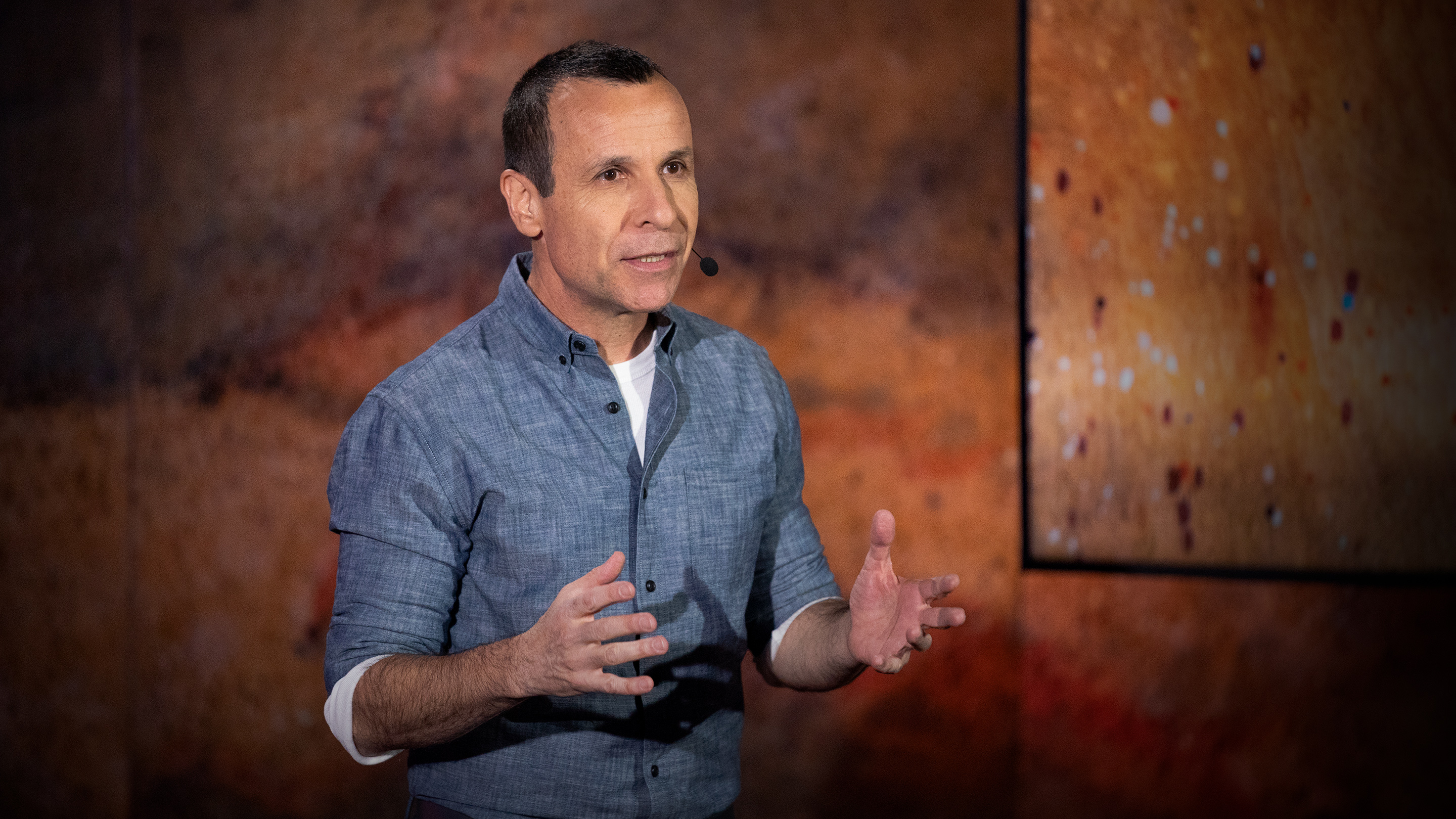How To Turn Off Work Thoughts During Your Free Time

The enemy: ‘rumination’
Guy Winch, Ph.D., is a psychologist, author, and keynote speaker who advocates for integrating the science of emotional health into all aspects of our daily lives. In his TED talk, he shares helpful advice on how we can all improve our quality of life and our work-life balance by changing the way we think.
Winch’s insights come not only from his professional expertise but also from his personal experience. One year after he started working as a psychologist, a career he had been passionately pursuing since he was a teenager, he reached a state of burnout. His emotional state left him confused and wondering if he had chosen the wrong career after all.
However, he quickly realised that the issue wasn’t the work he was doing at the office, but the lack of disconnection happening after the work hours were over.
The problem was what he calls ‘ruminating’ about work.
The issue with rumination
As Winch explains, rumination means ‘to chew over’, and the reason that doesn’t work in our favour is that we tend to chew over ‘the upsetting things, the distressing things’, in unproductive ways.
This, predictably, leads to stress. And what’s interesting is that we usually experience work-related stress outside of work, instead of at work. At work we’re busy doing our job, so only after (or before) work do we have time to ruminate, thus increasing our stress instead of recharging, as we should.
As ruminations are involuntary, they often invade our minds in the worst moments – when we’re spending ‘quality’ time with our family, partner, or friends.
Apart from increasing stress and taking a toll on our relationships, research has shown that ruminating about work can also cause sleep issues, bad moods, and even increase the risk of cardiovascular diseases. It also impairs our executive functioning, which can affect the quality of our work. Thus, it’s completely counterproductive.
‘Ruminating about work, replaying the same thoughts and worries over and over again, significantly disrupts our ability to recover and recharge in the off hours.’
How much are we really ruminating?
In case you think you don’t ruminate that much, you might be surprised. According to Winch, we all do it way more than we realise.
Back when he was burned out, Winch decided to keep a journal for a week in order to track the hours spent ruminating outside of work. The answer - 14 hours – shocked him and brought the realisation of how much spare time he was losing to something that made him stressed.
Fighting your ruminations
Changing habits is challenging and requires a consistent effort, but it’s doable and Winch offers several ways to fight your ruminations.
The first step he proposes is setting clear and strict guardrails. Set yourself a time to disconnect from work every night. As technology can facilitate ruminations, he also suggests turning off email notifications on your phone at that time, and be mindful of how your phone can bring your thoughts back to work during evening and weekends.
Another issue is disconnecting from work when you work from home.
Remote working is continuously growing, and with it, the lines between work and personal life get more and more blurry. To help your mind create a barrier between your work and home spaces, Winch recommends setting a defined work area in your house and only working from there. You can also change into ‘work’ clothes while you’re working, and then into ‘home’ clothes when you’re done.
Make ruminations productive
The above-mentioned tactics will help, but our minds will still sometimes be invaded by ruminations. In this case, Winch explains that we need to convert them into productive forms of thinking.
For example, a common rumination is ‘I have so much work to do’. Its productive version would be a scheduling question: 'When can I fit these tasks into my schedule?'. This way, it becomes a problem to be solved, instead of an unproductive thought that increases stress when you're supposed to be relaxing.
By fighting ruminations, you'll not only decrease stress and burnout, but you can also improve the quality of your life and start enjoying your work again.
‘Banishing ruminations truly enhanced my personal life, but what it enhanced even more was the joy and satisfaction I get from my work.’
How Winch’s talk can help professionals
No matter the profession, we can all relate to feeling stressed about work. We’ve maybe even experienced burnout in our career. However, this topic is especially relevant for event profs, who have an infamously stressful job.
At some point in your career as an event prof, maybe you reached such stress levels that you started to question whether this career path was for you. Maybe you considered quitting, even if you actually enjoyed your tasks. And even if you’re happy with your job, it’s important to prevent burnout.
In that case, minimising invasive work-related thoughts outside of work is a key step.
Disconnecting from work in the evening can be challenging at first, especially for an event planner. But try to set a time in the evening to do it. Especially if you work as a freelance event planner or work remotely, you’ve surely noticed how easy it is for the work-personal life boundaries to fade.
Try keeping a journal to see how much you ruminate. Set boundaries to disconnect from work. Convert ruminations into productive, problem-solving ways of thinking when they can’t be avoided.










